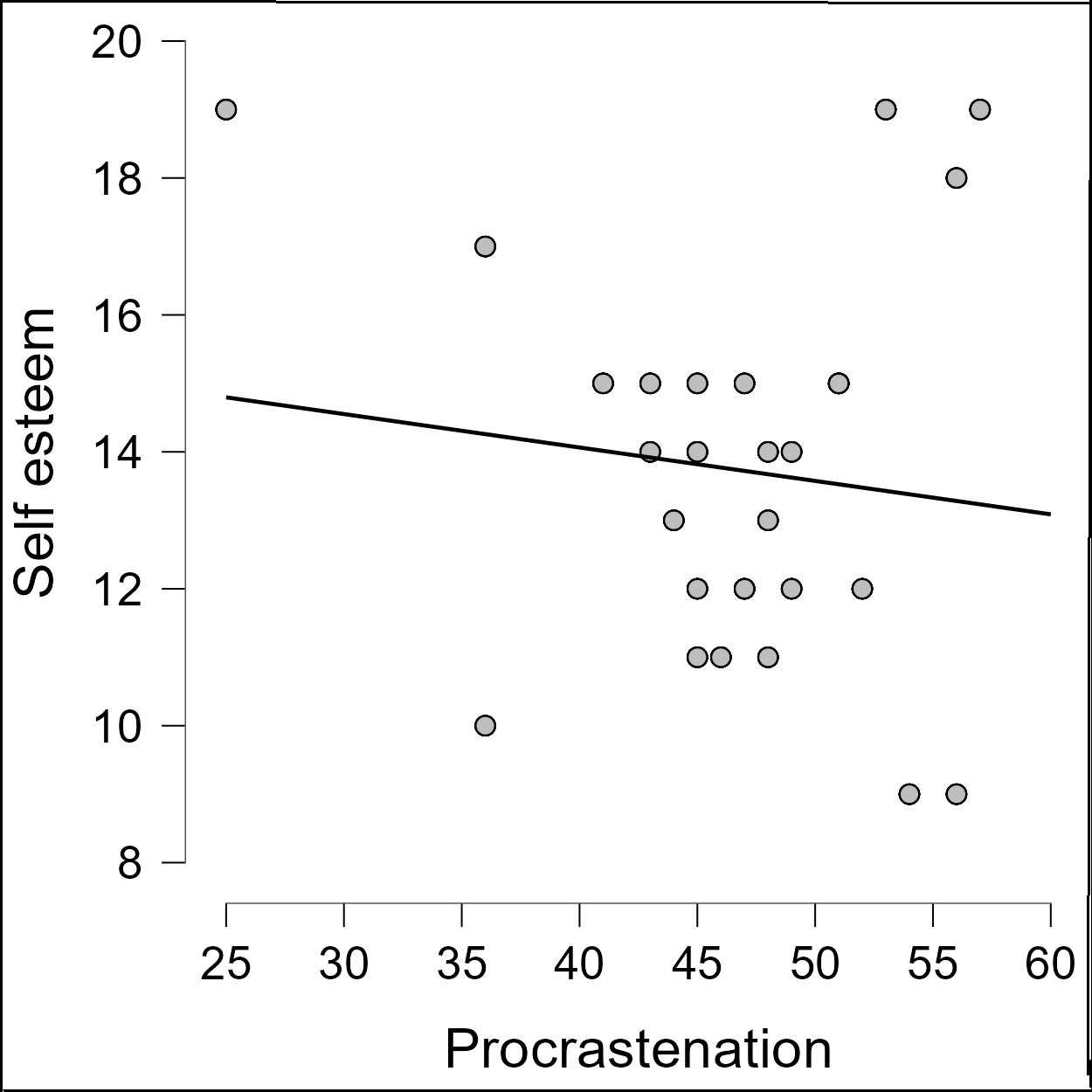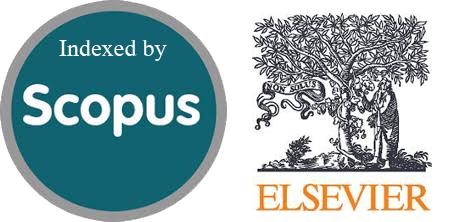Correlation between Academic Procrastination and Self-Confidence among Medical Students at an Eastern Indian Institution: A Cross-Sectional Survey
DOI:
https://doi.org/10.54133/ajms.v6i2.955Keywords:
Academic performance, Medical students, Procrastination, Self-esteemAbstract
Background: Procrastination can be seen as a form of self-sabotage. In educational contexts, this is often called academic procrastination, which means putting off academic tasks. Individuals who procrastinate might begin to feel overwhelmed and despondent, experiencing a decline in their self-assurance. This outlook can darken their view of the future and potentially result in diminished self-esteem. Objective: This study aimed to assess the relationship between academic procrastination and self-esteem among medical students. Methods: This cross-sectional study was conducted among 317 undergraduate medical students and data were collected through a questionnaire using the Procrastination Assessment Scale-Students (PASS) and the Rosenberg Self-Esteem Scale. The data were analyzed using descriptive analysis, an independent student’s t-test, an ANOVA, and Pearson’s correlation test. Results: Regarding gender, no significant difference was observed in the mean procrastination scores or the mean self-esteem scores and the difference found was non-significant. A negative correlation was found between procrastination and self-esteem, which was also found to be statistically significant (r= -0.138, p=0.036). Conclusions: Students with high self-esteem procrastinate less, whereas those who procrastinate more have comparatively lower self-esteem. Interventions designed to bolster students' problem-focused coping mechanisms can boost their motivation, help them manage their self-esteem more effectively, empower them to identify and tackle problematic scenarios with clear objectives and come up with various solutions.
Downloads
References
Adeel A, Sarminah S, Jie L, Kee DMH, Qasim Daghriri Y, Alghafes RA. When procrastination pays off: Role of knowledge sharing ability, autonomous motivation, and task involvement for employee creativity. Heliyon. 2023;9(10):e19398. doi: 10.1016/j.heliyon.2023.e19398. DOI: https://doi.org/10.1016/j.heliyon.2023.e19398
Alegre A, Universidad de Lima. Self-efficacy and academic procrastination of university students in Metropolitan Lima. Propós Represent. 2013;1(2):57–82. doi: 10.20511/pyr2013.v1n2.29. DOI: https://doi.org/10.20511/pyr2013.v1n2.29
Klingsieck KB, Grund A, Schmid S, Fries S. Why students procrastinate: A qualitative approach. J Coll Stud Dev. 2013;54(4):397–412. doi: 10.1353/csd.2013.0060. DOI: https://doi.org/10.1353/csd.2013.0060
Constantin K, English MM, Mazmanian D. Anxiety, depression, and procrastination among students: rumination plays a larger mediating role than worry. J Rational Emotive Cogn Behav Ther. 2018;36:15–27. DOI: https://doi.org/10.1007/s10942-017-0271-5
Steel P, Taras D, Ponak A, Kammeyer-Mueller J. Self-regulation of slippery deadlines: The role of procrastination in work performance. Front Psychol. 2021;12:783789. doi: 10.3389/fpsyg.2021.783789. DOI: https://doi.org/10.3389/fpsyg.2021.783789
Hayat AA, Salehi A, Kojuri J. Medical student’s academic performance: The role of academic emotions and motivation. J Adv Med Educ Prof. 2018;6(4):168–175.
Moein HA, Bazrafcan L, Shokrpour N. Prevalence of academic procrastination among medical students and its relationship with their academic achievement. Shiraz E-Medical J. 2020;21(7). DOI: https://doi.org/10.5812/semj.96049
Rebetez MML, Barsics C, Montisci T, Rochat L. Towards a dimensional, multifactorial, and integrative approach to procrastination in everyday life: An illustration through interviews. Psychol Belg. 2022;62(1):166–183. doi: 10.5334/pb.1115. DOI: https://doi.org/10.5334/pb.1115
Browne J. Self-esteem and procrastination in university students in Barbados. Caribb J Psychol. 2016;8:14–24.
Saleem M, Rafique R. Procrastination and self-esteem among university students. Pak J Soc Clin Psychol. 2012;10:50–53.
Ozer BU, Ferrari JR. Gender orientation and academic procrastination: Exploring Turkish high school students. J Individ Differ. 2011;9:33–40.
Atalayin C, Balkis M, Tezel H, Kayrak G. Procrastination and predictor variables among a group of dental students in Turkey. Health Med. 2018;23(6):726–732. DOI: https://doi.org/10.1080/13548506.2017.1418014
Özer BU. A cross-sectional study on procrastination: who procrastinates more. Int Conf Edu Res Innov. 2011;18:34–37.
Madhan B, Kumar CS, Naik ES, Panda S, Gayathri H, Barik AK. Trait procrastination among dental students in India and its influence on academic performance. J Dent Educ. 2012;76(10):1393–1398. doi: 10.1002/j.0022-0337.2012.76.10.tb05397.x. DOI: https://doi.org/10.1002/j.0022-0337.2012.76.10.tb05397.x
Ozer BU, Demir A, Ferrari JR. Exploring academic procrastination among Turkish students: possible gender differences in prevalence and reasons. J Soc Psychol. 2009;149(2):241–257. doi: 10.3200/SOCP.149.2.241-257. DOI: https://doi.org/10.3200/SOCP.149.2.241-257
Rodarte-Luna B, Sherry A. Sex differences in the relation between statistics anxiety and cognitive/learning strategies. Contemp Educ Psychol. 2008;33(2):327–344. doi: 10.1016/j.cedpsych.2007.03.002. DOI: https://doi.org/10.1016/j.cedpsych.2007.03.002
Marcic R, Grum DK. Gender differences in self-concept and self-esteem components. Studia Psychologica. 2011;53(4):373-384.
Chandra K, Babu P, Vanishree MK, Amritha N. Relationship between academic procrastination and self-esteem among dental students in Bengaluru City. J Indian Assoc Public Health Dent. 2019;17(2):146. doi: 10.4103/jiaphd.jiaphd_182_18. DOI: https://doi.org/10.4103/jiaphd.jiaphd_182_18
Bano V, Syed DAH, Cheema M, Gul H, Arshad M. Impact of academic procrastination on self-esteem among dental and medical undergraduate students. J CMH LMC IOD. 2023;4(2):59–65.
Gohil E. Procrastination and self-esteem: A gender-based study. Global J Interdiscip Soc Sci. 2014;3:91–95.
Sprecher S, Brooks JE, Avogo W. Self-esteem among young adults: Differences and similarities based on gender, race, and cohort (1990–2012). Sex Roles. 2013;69(5–6):264–275. doi: 10.1007/s11199-013-0295-y. DOI: https://doi.org/10.1007/s11199-013-0295-y
Hajloo N. Relationships between self-efficacy, self-esteem and procrastination in undergraduate psychology students. Iran J Psychiatry Bhav Sci. 2014;8(3):42–49.

Downloads
Published
How to Cite
Issue
Section
License
Copyright (c) 2024 Al-Rafidain Journal of Medical Sciences ( ISSN 2789-3219 )

This work is licensed under a Creative Commons Attribution-NonCommercial-ShareAlike 4.0 International License.
Published by Al-Rafidain University College. This is an open access journal issued under the CC BY-NC-SA 4.0 license (https://creativecommons.org/licenses/by-nc-sa/4.0/).











